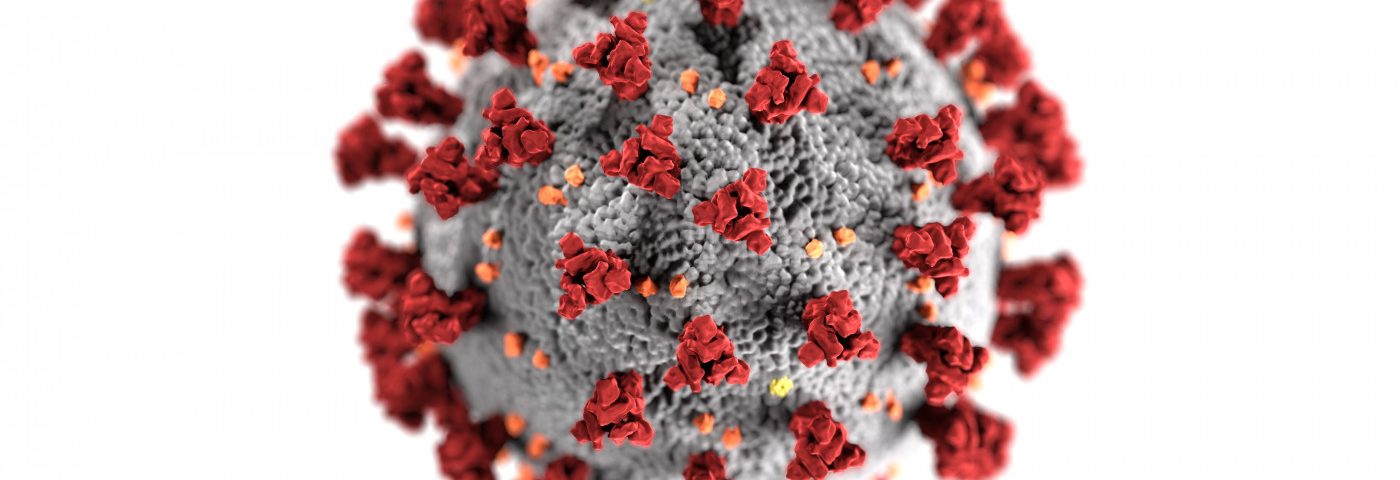The U.S. Food and Drug Administration (FDA) has approved starting a Phase 3 clinical trial testing Genentech‘s Actemra (tocilizumab) — a medicine approved for certain types of juvenile idiopathic arthritis (JIA) – for the treatment of pneumonia caused by COVID-19.
Patient enrollment is expected to start in early April. The double-blind trial (NCT04320615) will include about 330 adults hospitalized with severe COVID-19 pneumonia.
It will be conducted in collaboration with the Biomedical Advanced Research and Development Authority (BARDA), a part of the U.S. Health and Human Services Office of the Assistant Secretary for Preparedness and Response (ASPR).
“We thank the FDA for rapidly expediting the approval of this clinical trial to evaluate Actemra in critically ill patients suffering from pneumonia following coronavirus infection and we’re moving forward to enroll as quickly as possible,” Alexander Hardy, CEO of Genentech, said in a press release.
Genentech will provide 10,000 vials of Actemra to the U.S. Strategic National Stockpile for future use in COVID-19 response efforts, at the direction of the U.S. Department of Health and Human Services. Disruptions to the supply of Actemra for approved indications are not expected, the company said.
Actemra — developed by Genentech in the U.S. and available in Europe as RoActemra, marketed by Roche — is an antibody that prevents interleukin-6 (IL-6) from binding to its receptor, decreasing tissue inflammation.
The treatment is approved as an intravenous (into-the-vein) and subcutaneous (under-the-skin) infusion for polyarticular and systemic JIA, as well as for rheumatoid arthritis and giant cell arteritis.
In early March, China’s National Health Commission recommended Actemra to treat COVID-19 patients with severe pneumonia.
In some patients infected with the novel coronavirus (SARS-CoV-2), it is not the virus itself that does the worst damage. Instead, it triggers overproduction of immune cells and their inflammatory molecules in a life-threatening reaction known as cytokine storm, which causes severe lung damage and acute respiratory distress.
Researchers worldwide recently have discovered that IL-6 signaling might be the main culprit of this uncontrolled immune reaction in COVID-19 patients, suggesting that IL-6 blockers may effectively control lung damage induced by the virus.
Several independent clinical trials are already exploring the safety and effectiveness of Actemra for treating people with pneumonia caused by COVID-19 infection. But most are poorly controlled, lacking a placebo group.
To address this knowledge gap, participants in the newly approved trial will be assigned randomly to Actemra or a placebo, both given along standard of care treatment.
The goals are to determine if Actemra plus standard care is better than standard care alone at improving patients’ clinical status, easing needs for mechanical ventilation and intensive care unit (ICU) admission, as well as reducing duration of stay in the ICU.
Participants will be followed for 60 days, but an early analysis looking for early signs of effectiveness will be conducted.
“Conducting this clinical trial in partnership with BARDA and providing Actemra to support the national stockpile, through the efforts of Secretary Azar and HHS, are important examples of how the U.S. government, the biotechnology industry and healthcare communities are working together in response to this public health crisis,” Hardy said.
Kevzara (sarilumab), another rheumatoid arthritis treatment that blocks the IL-6 receptor, also is being explored in a U.S.-based Phase 2/3 clinical trial (NCT04315298) for the treatment of severe COVID-19. That trial is being conducted by Regeneron Pharmaceuticals and Sanofi, which market Kevzara. Patient enrollment is ongoing; more information is available here.

